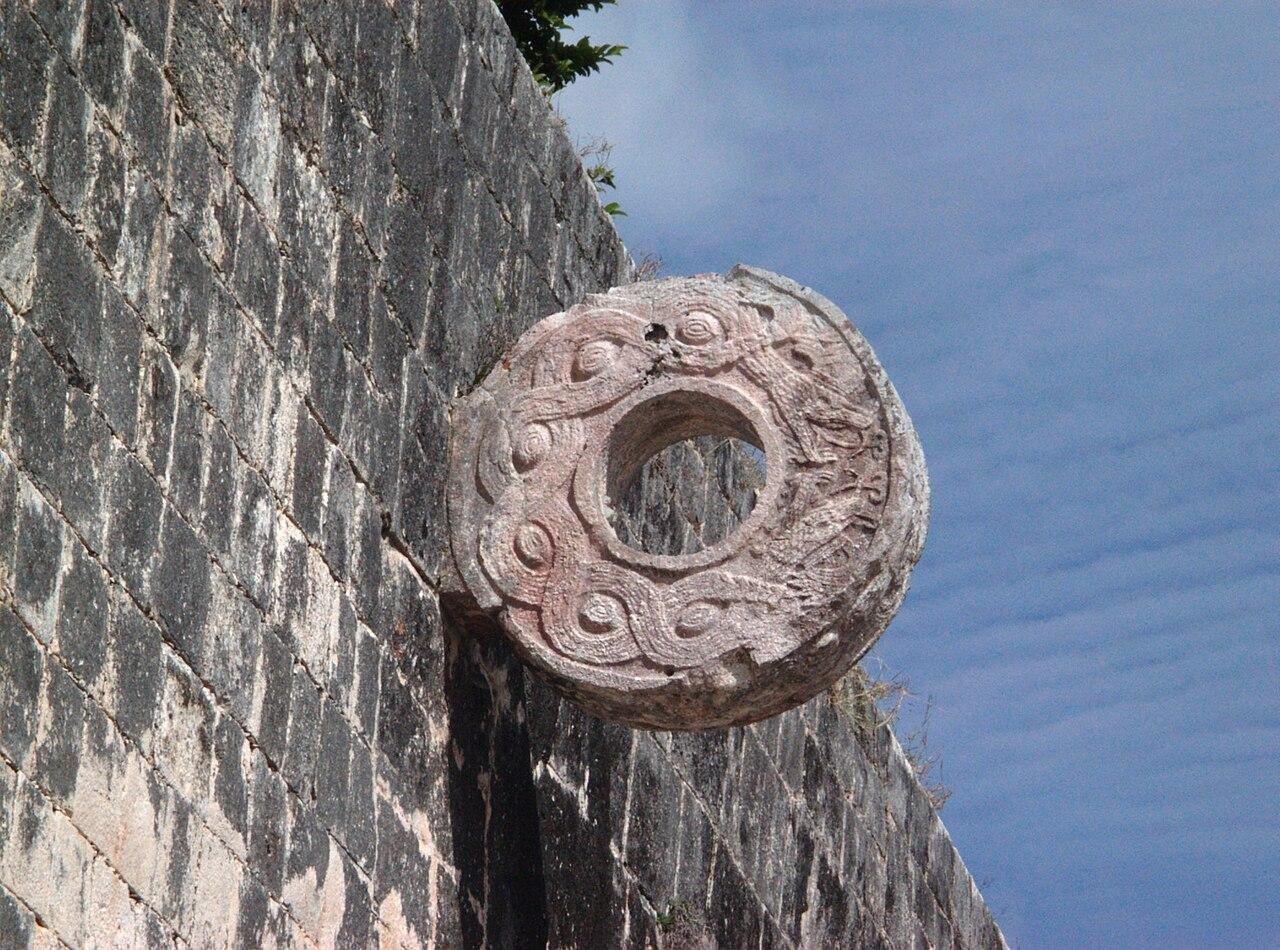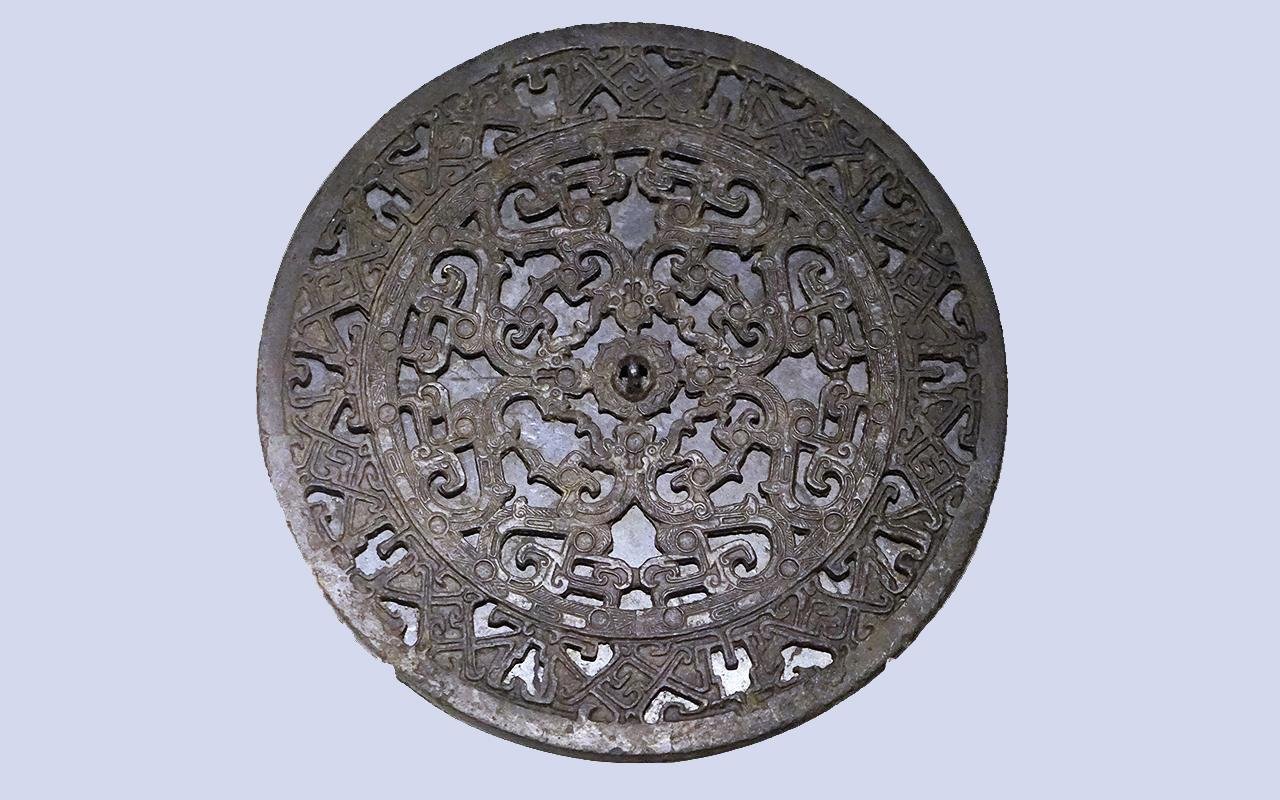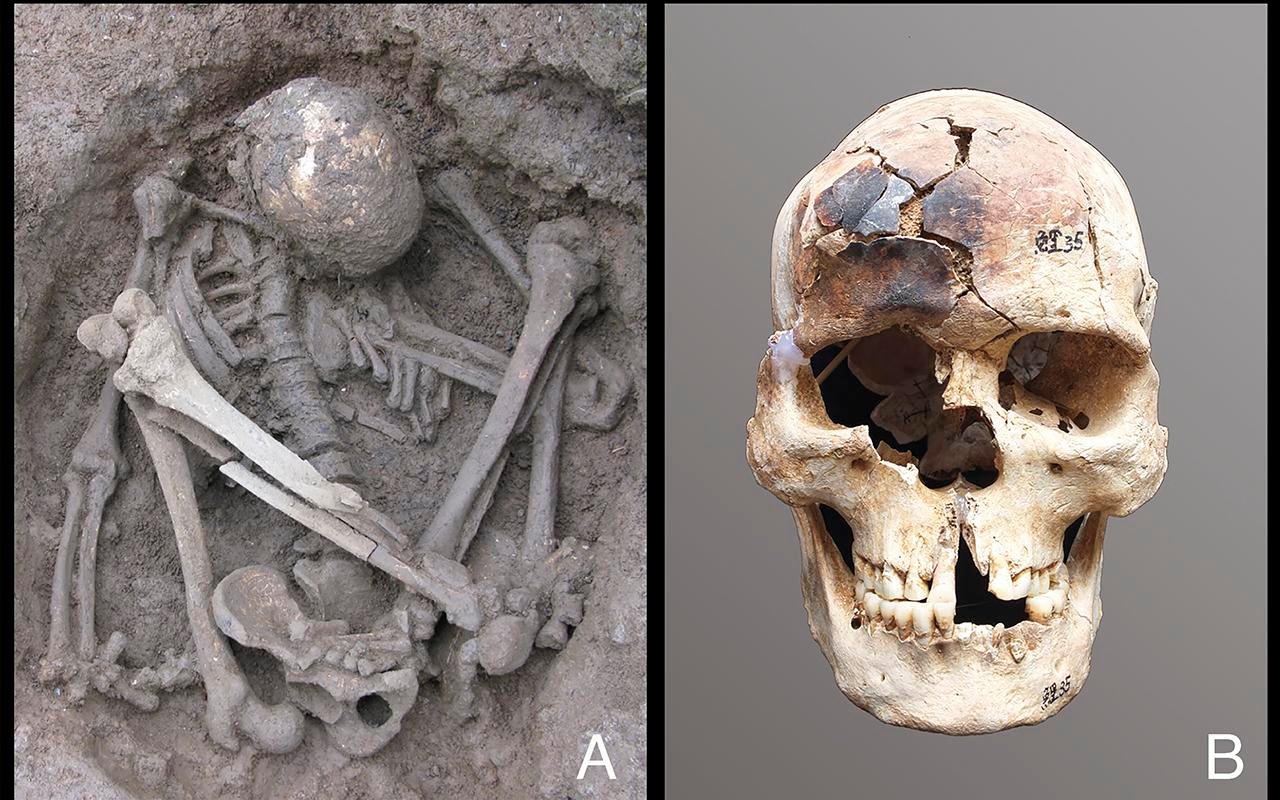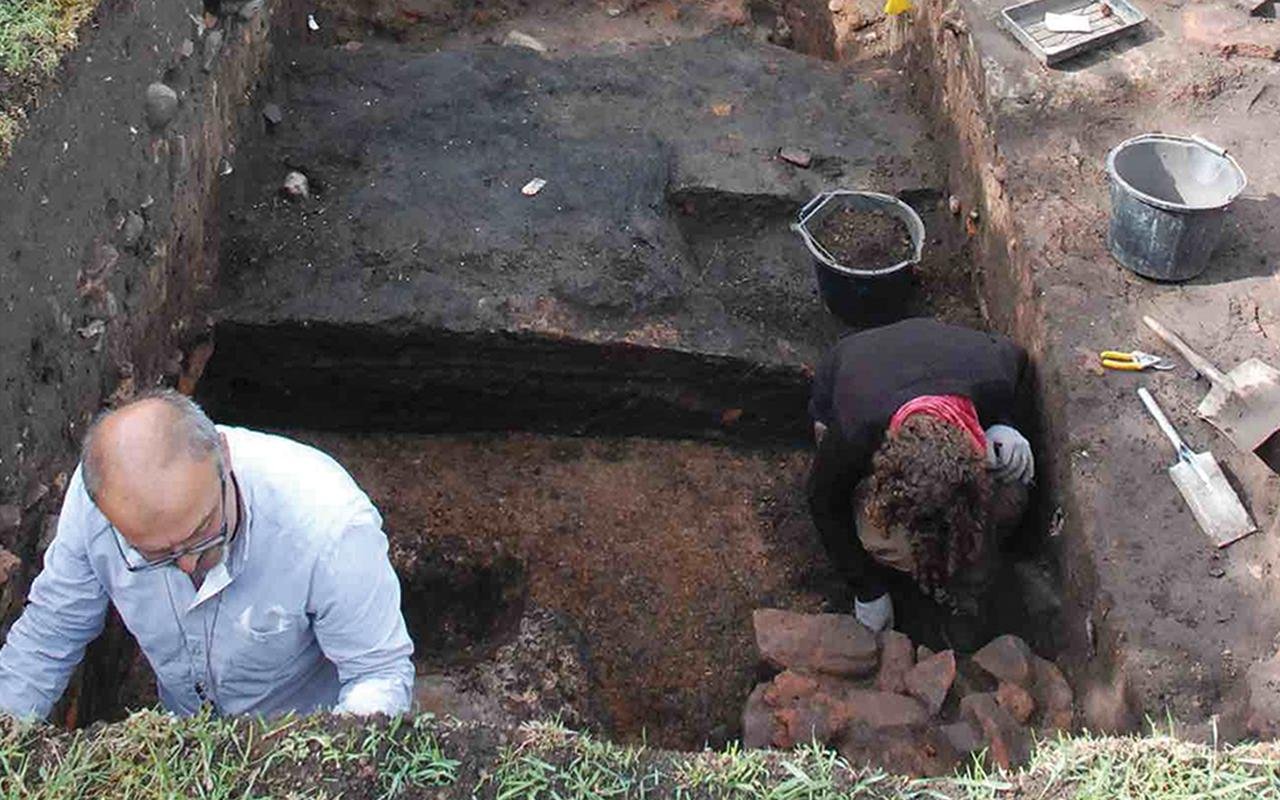Archaeologists have unearthed more than 10,000 artifacts in an abandoned town known as the “Birthplace of Texas,” located near the banks of the Brazos River in Washington County, Texas.
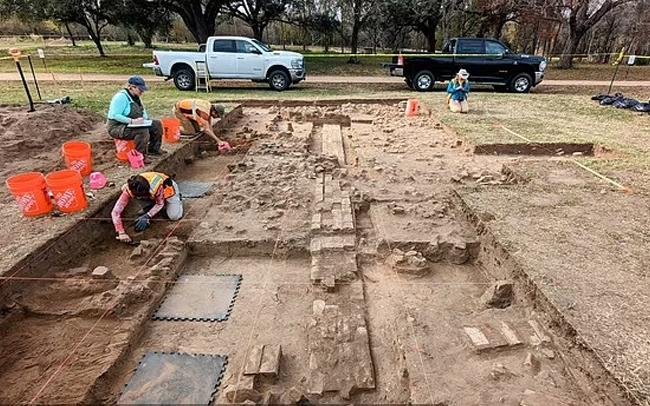 The base of a brick fireplace marks the spot where a tavern once stood. Credit: Laura McKenzie/Texas A&M Division of Marketing & Communications
The base of a brick fireplace marks the spot where a tavern once stood. Credit: Laura McKenzie/Texas A&M Division of Marketing & Communications
The town, named Washington-on-the-Brazos, holds historical significance as the site where the Texas Declaration of Independence was signed on March 2, 1836.
The excavation, part of a $51 million renovation and expansion project, has revealed a wealth of historical artifacts. Among the discoveries are fragments of glᴀss and ceramics, nails, and the base of a brick fireplace indicating the location of a tavern. Notably, coins from 1831 and 1820 were found within the ruins of the tavern, offering a glimpse into the economic transactions of the time.
Jonathan Failor, the site manager for the Washington-on-the-Brazos State Historic Site, emphasized the importance of these findings in telling the untold stories of the town’s past. Failor highlighted the town’s role as the capital of the Republic of Texas from 1842 to 1845, a period pivotal in shaping Texas history. Davy Crockett, a prominent figure in American history, stayed in Washington-on-the-Brazos for two nights during his journey to the Alamo.
Failor and his team uncovered various objects, including knives, a pig jaw bone, and a horn comb, providing insights into the daily lives of early settlers. These discoveries, coupled with the intact brick floor of a structure from the 1830s, offer a comprehensive understanding of the town’s evolution over time.
The renovation project aims to recreate significant buildings from Washington’s past, such as the Hatfield’s Exchange, a two-story mercantile building where the 8th and 9th Texas Congress ᴀssembled.
The town of Washington-on-the-Brazos played a crucial role in the Texas Revolution, ultimately leading to Texas gaining independence from Mexico. As the excavation continues and the renovation project nears completion in 2025, researchers hope to uncover more secrets of the town’s past.
